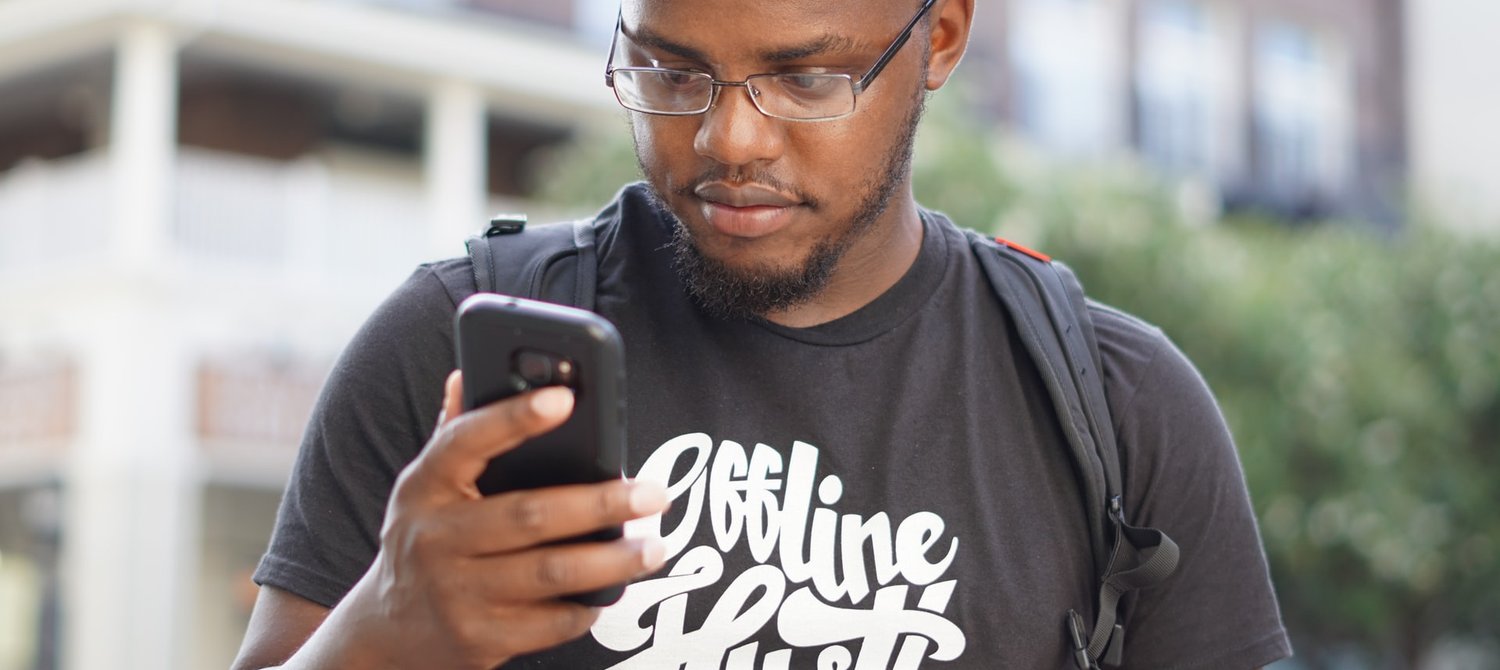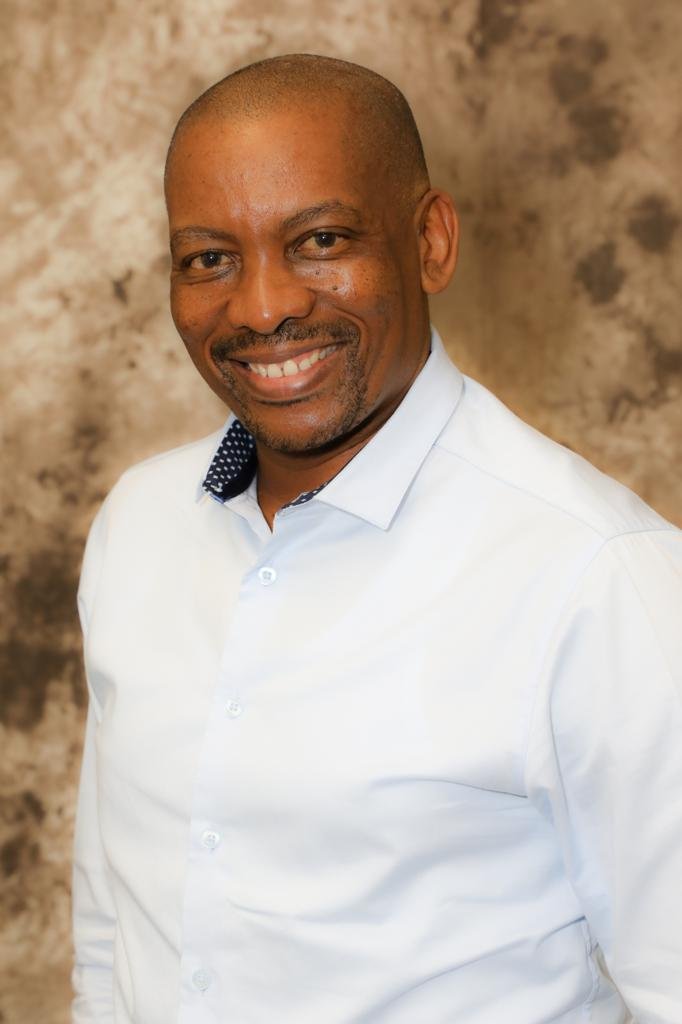
South Africa has long struggled with inequality, earning the title of the most unequal country in the world according to the World Bank. However, in recent years, a new form of disparity has emerged—digital inequality. The digital divide in South Africa, characterized by limited access to technology and digital skills, is exacerbating the country’s inequality gap.
Access to Hardware, Digital Literacy, and Internet Affordability
South Africa’s digital divide can be attributed to three main factors: access to hardware, understanding digital communication tools, and internet affordability. These factors have a significant impact on two crucial aspects of development and equality in the country: education and employment opportunities.
The COVID-19 pandemic has further exacerbated these issues. The economic impact of the pandemic has resulted in job losses for 2.2 million people, while an estimated 750,000 children have dropped out of school due to a lack of access to remote education. As education and employment opportunities increasingly move online, those without digital access and skills are at a significant disadvantage.
To shed light on the impact of the digital divide on the most vulnerable populations, we spoke to two experts. Dr. Moeti Kgware, a lecturer at the Durban University of Technology and Chief Education Officer at MoCPD, highlighted the impact on education in South Africa. Rowan Spazzoli, a business consultant and lecturer at the University of Cape Town, discussed how digital illiteracy and limited access affect employment prospects in the country.
Bridging the Education Inequality Gap

Dr. Moeti Kgware emphasized the lack of access to essential equipment and internet connectivity among students. Many students do not have access to laptops or smartphones, and even those who do often have devices with limited capabilities. Limited internet access or unreliable coverage in rural areas further exacerbates the problem. This lack of access hinders students’ ability to keep up with coursework, leading to a significant learning gap.
The digital divide has had a direct impact on the success rate of students. Dr. Kgware mentioned that while he managed to achieve a 60% pass rate in his online class, the assessments he could design were not as rigorous or in-depth as they would have been in face-to-face teaching. The success rate and the quality of knowledge gained by students have been compromised, necessitating additional support and resources to ensure they can grasp key concepts in their education.
The university recognizes the importance of bridging the digital divide and has made efforts to provide support to students, particularly those from low-income backgrounds. However, challenges persist, such as inadequate internet coverage in students’ homes. Dr. Kgware believes that improving internet infrastructure and making data more affordable are crucial steps that the government needs to take to ensure equitable digital access for all.
Digital Divide’s Impact on Employment Prospects

Rowan Spazzoli highlighted how the digital divide creates inequality in the job market. As more jobs require digital skills and remote work becomes prevalent, individuals without access to technology and digital literacy face significant barriers. Higher-paying digitally-enabled jobs become inaccessible, limiting opportunities for those with limited access.
Digital illiteracy also presents obstacles in the job search process. Many job applications now require online submission, making it difficult for those without digital literacy skills to navigate the process. Initiatives like Silulo, an internet cafe company that provides digital literacy training and support, aim to bridge this gap. However, broader support for skills training, lower data costs, and improved internet connectivity are necessary to bridge the digital divide effectively.
Bridging the Digital Divide in South Africa

To address the digital divide in South Africa, immediate actions are required. Supporting organizations focused on skills training, such as Silulo and various tech incubators, is crucial. These organizations provide digital literacy training, affordable internet access, and the necessary skills to navigate the digital landscape.
Lowering data costs and providing free wifi services are essential steps to make the internet accessible to all. Organizations like Qwili are actively working to provide more affordable devices, while advocating for cheaper data and internet connection costs. By expanding access to digital spaces and fostering digital literacy, South Africa can level the playing field and create a more equitable society.
FAQs
Q: What is the digital divide in South Africa?
A: The digital divide in South Africa refers to the disparities in access to technology, digital literacy, and internet affordability. These disparities exacerbate inequality in education and employment opportunities.
Q: How does the digital divide impact education in South Africa?
A: The digital divide hinders access to necessary equipment and internet connectivity, leading to a learning gap among students. Remote learning and limited access to resources have compromised the quality of education.
Q: What is the impact of the digital divide on employment prospects in South Africa?
A: The digital divide restricts access to digitally-enabled job opportunities and creates barriers for job seekers who lack digital literacy skills. Traditional job application methods are increasingly replaced with online platforms, further exacerbating inequality in the job market.
Conclusion
South Africa’s digital divide deepens inequality in the country, affecting education and employment opportunities. Limited access to technology, digital skills, and affordable internet impede progress and perpetuate disparities. Bridging the divide requires investment in skills training, lowering data costs, and improving internet infrastructure. By addressing these challenges, South Africa can foster a more inclusive and equitable society.
Join the Global Citizen Live campaign to defeat poverty by taking action here. Become part of a movement powered by citizens around the world who are taking action together with governments, corporations, and philanthropists to make change.